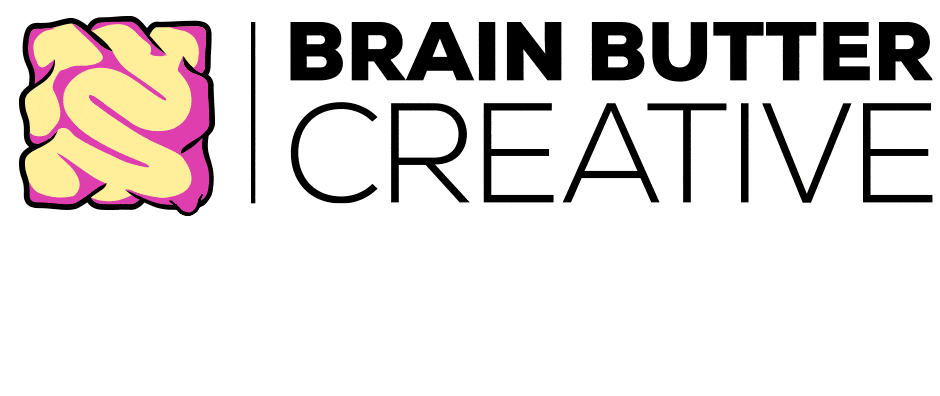Personal Branding for Small Business Owners: How to Stand Out in a Competitive Market
In today’s competitive business world, personal branding is just as crucial as branding your company. Customers are drawn to authenticity, trust, and relatability—things that a strong personal brand can establish. By crafting a unique personal brand that aligns with your business, you can attract loyal customers, differentiate yourself from competitors, and build a lasting presence in your industry. This guide will walk you through key strategies for building and leveraging your personal brand.
1. Understanding Personal Branding
Personal branding is the way you present yourself to the world, both online and offline. It reflects your values, expertise, and unique qualities that set you apart. Unlike corporate branding, personal branding focuses on who you are, not just what you sell. Customers connect more deeply with business owners who have a clear, consistent, and authentic personal brand. Whether you’re a solopreneur or leading a small business, your personal brand can serve as a bridge between you and your audience.
2. Defining Your Unique Value Proposition
To stand out in a crowded market, you need to define what makes you unique. Ask yourself:
What skills or expertise set me apart?
What personal story or experiences shape my business?
What values drive my work?
What problem do I solve for my audience?
By answering these questions, you can craft a compelling value proposition that aligns with both your personal brand and your business goals. Customers are more likely to engage with you when they resonate with your story and values.
3. Crafting a Consistent Brand Identity
Your personal brand identity includes both visual and verbal elements. To create a strong brand presence:
Use professional and consistent headshots across social media and websites.
Establish a signature color scheme and style that aligns with your business branding.
Develop a consistent tone and voice in your messaging—whether professional, casual, or inspirational.
Be authentic—people connect with real stories, not overly polished personas.
4. Leveraging Social Media for Personal Branding
Social media is a powerful tool for personal branding. Here’s how to make the most of it:
Choose the Right Platforms: Identify where your target audience is most active (LinkedIn for professionals, Instagram for visual content, Twitter for quick updates, etc.).
Create Valuable Content: Share insights, experiences, and behind-the-scenes glimpses of your business to humanize your brand.
Engage Consistently: Respond to comments, participate in discussions, and build relationships with followers.
Position Yourself as an Expert: Share industry news, write thought leadership posts, and provide helpful tips.
5. Content Strategies to Build Authority
A strong personal brand is built on authority and credibility. One of the best ways to establish this is through content creation. Starting a blog where you share industry insights, how-to guides, and personal experiences can position you as a knowledgeable leader. Hosting webinars or live Q&As allows you to engage directly with your audience, answer their questions in real time, and provide immediate value. Launching a podcast gives you a platform to interview experts, share your experiences, and deliver valuable content in an easily digestible format. Additionally, collaborating with influencers or well-known figures in your industry can significantly expand your reach and boost credibility. Creating diverse content and consistently delivering value is key to strengthening your personal brand.
6. Networking & Building Credibility
Networking plays a vital role in growing your brand and expanding your influence. Speaking at industry events and sharing insights at conferences or panels positions you as a thought leader. Being a guest on podcasts relevant to your niche provides an opportunity to showcase your expertise to new audiences. Contributing guest articles to reputable blogs or business sites can also establish your credibility and widen your reach. Moreover, gathering testimonials and case studies from satisfied clients can reinforce your reputation and show potential customers the tangible impact of your work. Investing time in networking and building meaningful relationships will help establish trust and recognition within your industry.
7. Managing Reputation & Online Presence
Your online presence can make or break your personal brand. Ensure you’re managing it effectively by:
Monitoring Mentions: Use Google Alerts or social listening tools to track what’s being said about you.
Responding Professionally: Address both positive and negative feedback with professionalism and authenticity.
Keeping Branding Consistent: Make sure your messaging, visuals, and tone remain uniform across platforms.
Updating Your Content Regularly: Keep your LinkedIn, website, and social profiles up-to-date with new achievements and projects.
Conclusion
Building a strong personal brand takes time, but it is a powerful tool for growing your business and standing out in a crowded market. By defining your unique value, staying consistent, leveraging social media, and networking effectively, you can establish yourself as a trusted and recognizable leader in your industry. Stay authentic, keep refining your brand, and watch as it opens new doors for your business success.
Are you actively building your personal brand?

